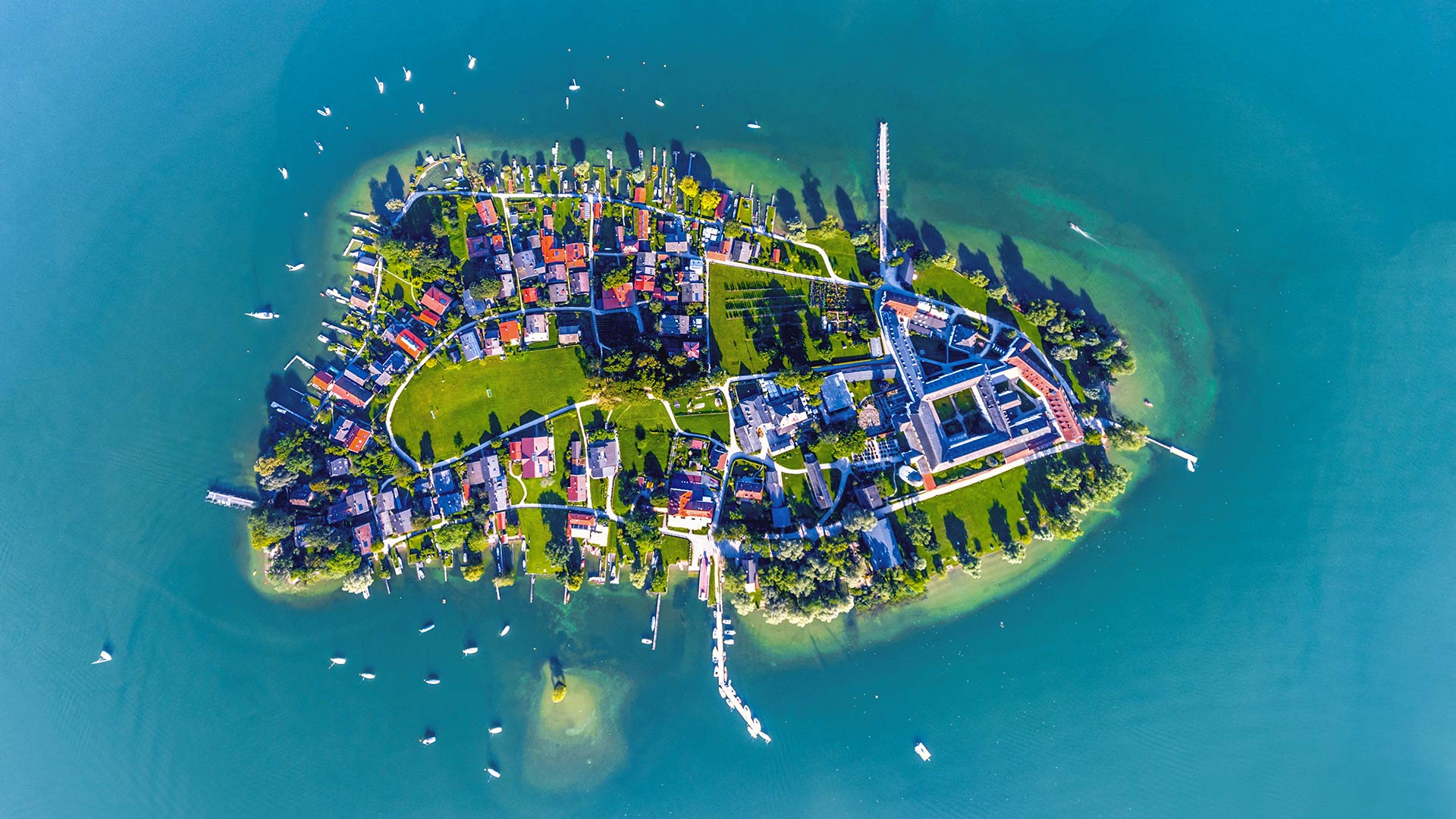Bulgaria’s Incinerator Project: A Source of Division and Debate
Bulgaria, located in Southeast Europe, has been grappling with the issue of waste management for many years. The country’s landfills are almost at full capacity, and its recycling infrastructure is far from efficient. This has led to the government’s decision to build a waste incinerator in the capital city of Sofia. However, this project has sparked a heated debate and division among Bulgarians.
The incinerator project, which aims to tackle the country’s growing waste problem, has faced opposition from environmentalists, activists, and local residents. They argue that the incinerator will have negative environmental and health impacts, and they have been demanding alternative, sustainable solutions.
On the other hand, the government and supporters of the project claim that the incinerator is necessary to address the country’s waste crisis and to reduce its reliance on landfills. The incinerator is proposed to be built by a private company and is expected to have the capacity to process up to 410,000 tons of waste per year.
The debate over the incinerator project has intensified in recent months, with protests, legal challenges, and public discussions taking place across the country. The issue has become deeply polarizing, with both sides firmly entrenched in their positions.
Environmental Impact
One of the main arguments against the incinerator project is its potential environmental impact. Environmentalists and opponents of the project claim that the incinerator will release harmful pollutants into the air, contributing to air pollution and climate change. They argue that the burning of waste will release toxic substances such as dioxins, mercury, and heavy metals, which can have serious health effects on people living nearby.
The opponents also argue that the incinerator will undermine efforts to promote recycling and waste reduction. They believe that investing in incineration technology will divert resources from more sustainable solutions, such as improving recycling infrastructure and reducing single-use plastics.
Supporters of the project, on the other hand, argue that modern incineration technology is safe and can effectively reduce the volume of waste while producing energy. They claim that the incinerator will meet all EU standards and emissions limits, and that it will not pose a significant risk to public health or the environment.
Health Concerns
The potential health impacts of the incinerator project have also been a major concern for opponents. They fear that the release of pollutants from the incinerator will increase the risk of respiratory diseases, cancer, and other health problems for people living near the facility.
Studies have shown that exposure to air pollutants from waste incineration can have negative health effects, especially for vulnerable populations such as children and the elderly. The opponents argue that these potential health risks outweigh any potential benefits of the incinerator project.
On the other hand, supporters of the project claim that the incinerator will not pose a significant risk to public health. They argue that modern incineration technology is designed to minimize emissions and that the incinerator will meet all relevant emissions standards and regulations.
Economic Considerations
The economic aspects of the incinerator project have also been a subject of debate. Opponents argue that the incinerator will be a costly and inefficient solution to the waste problem. They claim that the project will be a burden on taxpayers, as the government will have to subsidize the incinerator’s operations.
Opponents also argue that the incinerator will discourage investment in recycling and waste reduction, which can create economic opportunities and long-term benefits for the country.
Supporters of the project, however, argue that the incinerator will create jobs, generate energy, and reduce the country’s reliance on landfills. They claim that the project will be economically viable and will help to modernize Bulgaria’s waste management infrastructure.
Public Opinion
The incinerator project has divided public opinion in Bulgaria. While some support the government’s efforts to address the waste problem, many others are concerned about the potential negative impacts of the incinerator.
Protests have taken place in Sofia and other cities, with thousands of people calling for an end to the incinerator project. Public opinion polls have shown that a significant portion of the population opposes the project and supports alternative solutions such as investing in recycling and waste reduction.
FAQs
Q: What are the alternatives to the incinerator project?
A: Alternatives to the incinerator project include investing in recycling infrastructure, promoting waste reduction initiatives, and implementing a comprehensive waste management strategy that prioritizes sustainability.
Q: Will the incinerator project meet EU emissions standards?
A: The government and supporters of the project claim that the incinerator will meet all EU emissions standards and regulations, and will not pose a significant risk to public health or the environment.
Q: What are the potential health impacts of the incinerator?
A: Studies have shown that exposure to air pollutants from waste incineration can have negative health effects, especially for vulnerable populations such as children and the elderly. The potential health risks include respiratory diseases, cancer, and other health problems.
Q: Will the incinerator project create jobs and generate energy?
A: Supporters of the project claim that the incinerator will create jobs, generate energy, and reduce the country’s reliance on landfills. They argue that the project will be economically viable and will help to modernize Bulgaria’s waste management infrastructure.
Bulgaria’s Incinerator Project: A Source of Division and Debate




